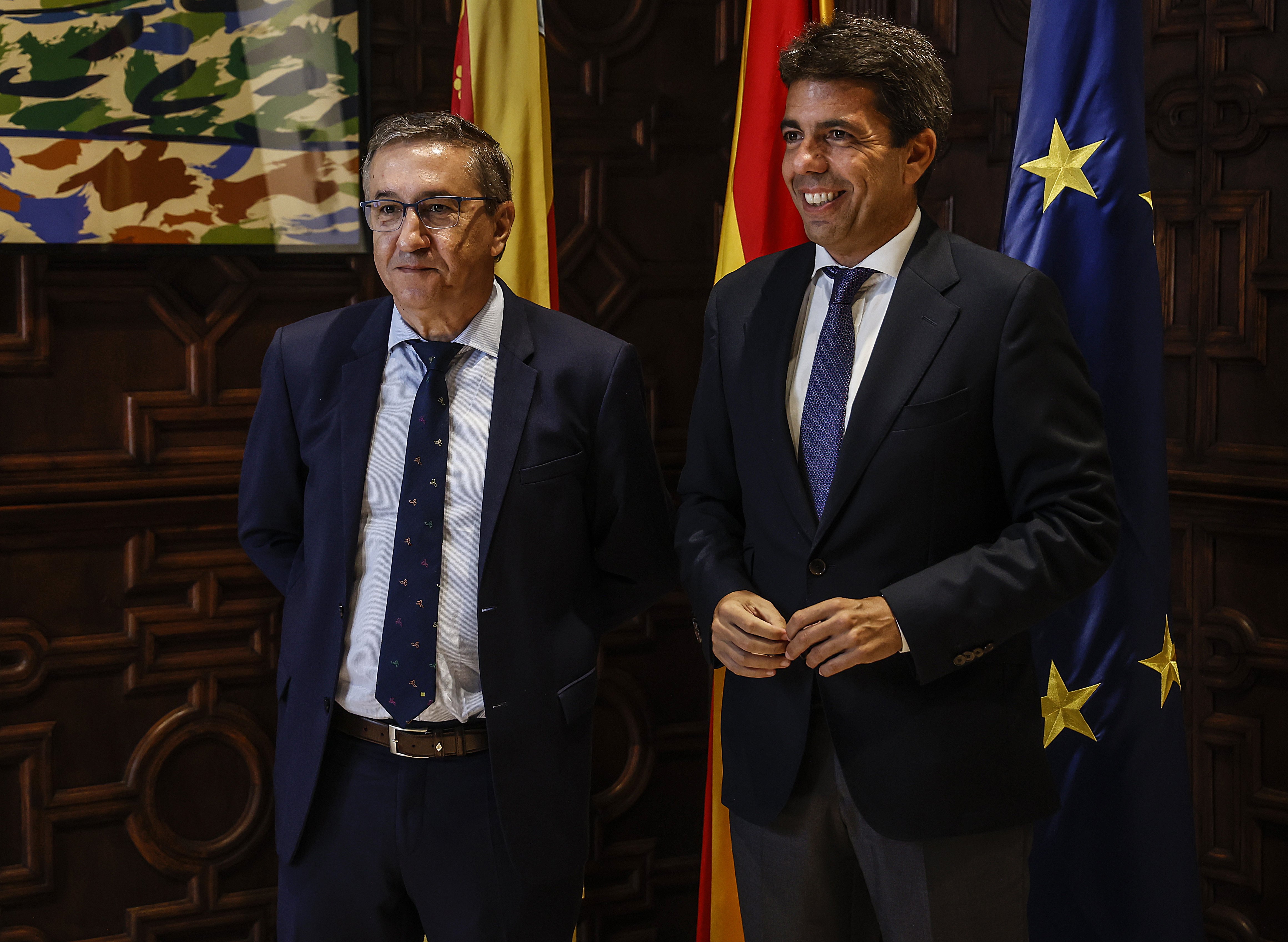The People's Party (PP) and Vox's roadmap to leave Catalan defenceless in the classroom in the Valencian Community is beginning to bear the first fruits. The new Valencian government's education minister, PP's José Antonio Rovira, explained on Thursday that he will eliminate the compulsory 25% Valencian quota as the main language for students who have asked not to take the subject in question. To do so, he will modify the law on multilingualism approved in 2018 by the government formed by the Valencian Socialists, Compromís and Unidas Podemos.
The law on use and teaching, which dates from 1983, recognises the exemption from studying the Valencian subject for students from municipalities in eight Valencian regions in which Catalan is testimonial or residual: Alto Palancia (Castelló); Plana de Utiel, Rincón de Ademuz, Foia de Bunyol, Vall de Cofrents, Els Serrans and Canal de Navarrés (Valencia), and Baix Segura (Alicante). At the same time, for students in these counties, under the multilingualism rule, 25% of classes are to be taught in Spanish, 25% in Valencian, 15-25% in English and the rest of the time is to be decided freely by the school councils, depending on the sociolinguistic context of each territory.
Far from strengthening the presence of the minority language, the new minister believes that it is “incongruous” that students who have opted not to take Valencian as a subject have to take other subjects in this language. “It is a hole in the Plurilingualism Law that must be solved as quickly as possible”, explained Rovira in the portfolio exchange with Raquel Tamarit, from Compromís. Although some teaching unions are in favour of eliminating the exemption, the Valencian government defends the modification of the Plurilingualism Law to reduce the presence of Valencian.
In the same appearance, Rovira explained that he has not yet designed an alternative to this law and rejected the compulsory quotas established by Alejandro Font de Mora, the last PP Education minister, who was in favour of 33% English, Spanish, and Catalan. His idea is a more flexible model in which school councils, “which are the ones that best know the reality of each territory”, will continue to have decision-making capacity.
The minister believes that the decision should not come as a surprise to anyone, although in the document of agreed measures, the PP and Vox had already stated they were in favour of “free choice of the educational language at all stages of education”. With this they hinted to overturning the multilingual model promoted by the previous government, which allowed students to master Valencian, Spanish and English. In other words, the measure will forcibly imply a reduction of Valencian in the education system because, as a minority language, it does not compete with the same sociolinguistic conditions as Spanish, which is the predominant language in the streets.

